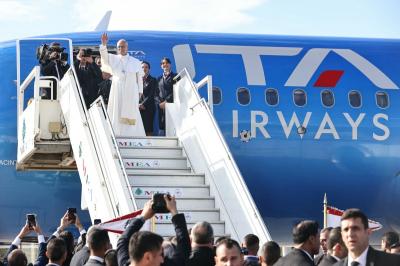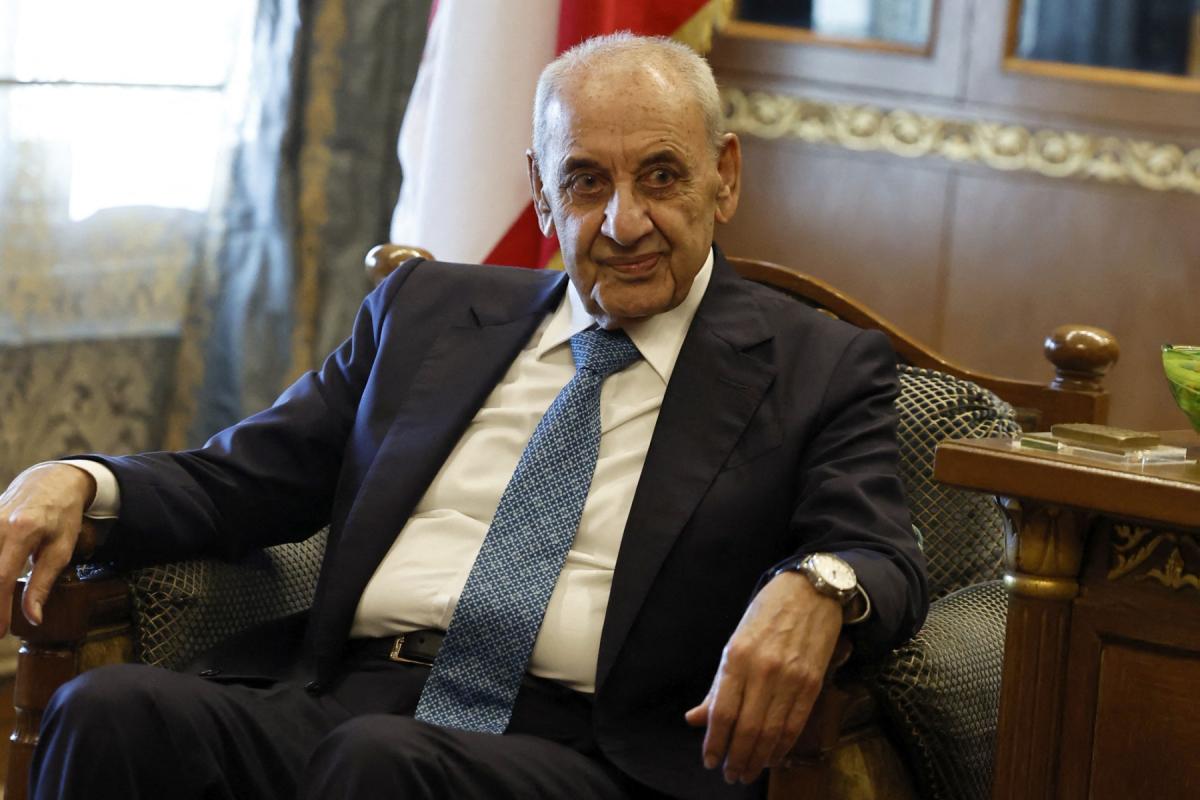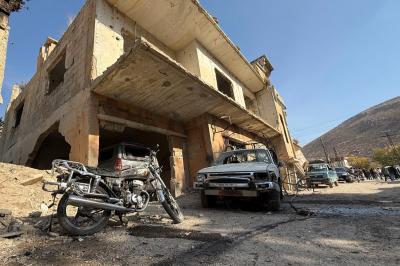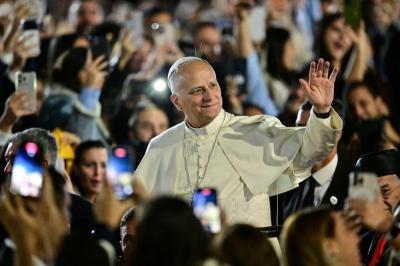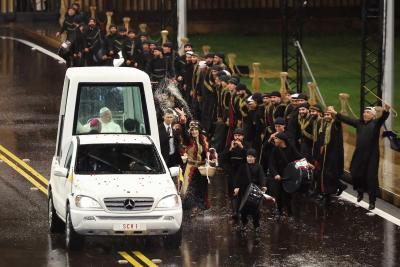As the heated debate over Lebanon’s response to the U.S. proposal intensifies, a family dinner brought together President Joseph Aoun and Parliament Speaker Nabih Berri. Aoun seeks to keep the Shiite duo united and maintain good relations with Berri.
It’s no exaggeration to say that all eyes are now on Nabih Berri, the Speaker of Parliament and master of political settlements, who has long excelled at crafting agreements and finding solutions. His every move is being closely watched as discussions over the American paper and its clauses on weapons, border demarcation, and reforms reach a climax.
Berri stands at the center of the talks on Lebanon’s response to U.S. envoy Tom Barrack’s proposal. Through him, communication flows to "Hezbollah". By meeting with his partner in the Shiite duo, Berri aims to forge a stance that preserves Lebanon’s power without offering concessions, hoping to avert a major crisis if Lebanon fails to issue the required response.
Since receiving the paper, Berri has advocated returning to the previous agreement, brokered with American guarantees but never implemented by Israel. He sees no need for a new deal and insists Israel should be forced to comply with the old one. Through his constant contact with "Hezbollah", he works on drafting a response that avoids undermining the party, safeguarding its symbolic right to resist, based on his conviction that war is neither a viable nor a useful option anymore.
Meanwhile, in his meetings with Western envoys, Berri continues to press them on guarantees: why does Israel repeatedly renege on agreements, and how can it be compelled to honor any new deal?
Whether among Berri’s circles or his Shiite allies, the sense is clear: forces are trying to strip Lebanon of its leverage to seize control of the country’s trajectory and fate.
Current discussions reveal Berri’s flexibility in dealing with the U.S. proposal, in stark contrast to "Hezbollah"’s intransigence. This isn’t the first time Berri has shown flexibility to avoid disaster; during the Israeli war on Lebanon, when "Hezbollah" refused to join a ceasefire agreement, Berri threatened to withdraw from negotiations unless a deal was reached. It’s said that without his intervention, Beirut’s southern suburbs would have been completely destroyed.
Today, history repeats itself, with international attention once again focused on Berri, who is trying to navigate between "Hezbollah"’s rejection of the proposal—viewing it as pro-Israel—and international pressure to disarm "Hezbollah", implement reforms, and delineate borders. These are core issues that cut to the heart of the Shiite duo and place them under a global spotlight.
The situation has escalated to the point where some parties are calling for sanctions against Berri if he doesn’t yield to international demands. Since the presidential election and government formation, there’s been a clear trend among international players to sideline the Shiite duo and pressure them by all means. This was evident in the municipal elections, which aimed to weaken the duo—a strategy expected to continue in the upcoming parliamentary elections.
This open confrontation with the duo spares no one, including Berri as Speaker of Parliament. The battle isn’t confined to external actors; it includes domestic ones as well, as seen in parliamentary sessions, the confrontational stance of opposition MPs towards Berri, challenges in judicial appointments—particularly the rejection of his Shiite nominee for financial prosecutor—and disputes over financial appointments, notably his insistence on keeping Wassim Mansouri as First Vice Governor of the Central Bank.
While some foreign parties seek a confrontational relationship with Berri, President Aoun is working to smooth things over and maintain a balanced relationship between the presidential offices—something that has irked the prime minister, whose circles have begun whispering about a supposed Shiite-Christian pact to marginalize the Sunni president. The Shiite duo, sensing this, has moved to engage positively with Najib Mikati and Salam.
Meanwhile, the American standoff with Berri is far from over. Washington’s eyes are now on the parliamentary elections, where securing six seats for diaspora MPs has become a key pressure point to weaken the Shiite duo. Berri finds himself in a difficult position: he opposes diaspora MPs on legislative and representational grounds, yet knows diaspora votes would disadvantage the duo, especially given the difficulty of "Hezbollah" supporters voting in Gulf countries.
This is a silent showdown that Berri navigates with caution and openness, walking a fine line between the clauses of the U.S. proposal—aimed at curtailing "Hezbollah"’s presence and weapons—and efforts to undermine the Shiite duo’s parliamentary representation, exhaust their base by delaying reconstruction and compensation, and impose harsh conditions that leave them choosing between “the lesser evil and the worst”.
Please post your comments on:
comment@alsafanews.com
 Politics
Politics
